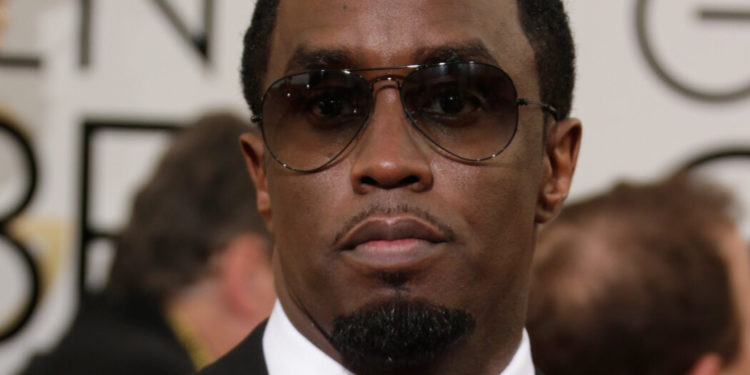FIJ
A new financial report shows that despite the presidency’s claim that the naira is among the best-performing currency in the world, the Nigerian currency is indeed among the 10 worst-performing currencies.
Bola Tinubu, Nigeria’s president, claimed the naira was at its peak during a bilateral meeting with Mark Rutte, the prime minister of the Netherlands, in April.
At the meeting, the president said he was making difficult decisions for the nation and that it was in the country’s best long-term interest. He said, however, that they could come with short-term pains.
“We have gone through the worst of the storms. I am unafraid of the consequences once I know that my actions are in the best long-term interests of all Nigerians,” Tinubu said in April.
“The Nigerian Naira is one of the world’s best-performing currencies today. We took the necessary risk, and all resilient Nigerians kept faith with us.
“They will be rewarded, and the reward will only be greater as we partner effectively with you on new opportunities for development. As leaders, we must make decisions for the benefit of our nations, and we cannot shy away from that.”
However, a report published on Friday by Bloomberg, a global financial news provider, revealed that the naira is performing terribly and is ranked as one of the 10 least valuable in the world.
“Out of the 10 worst-performing currencies globally, five are from Africa, including the Zambian kwacha, the Angolan kwanza and the Nigerian naira, according to data compiled by Bloomberg,” the report stated.
The naira ranked at the bottom of the ladder with the Zambian kwacha and the Angolan kwanza due to issues around liquidity, the supply of the dollar and the declining prices of Brent crude.
The report further stated that the Nigerian government’s slow pace of reforms, with unstable monetary policies continues to undervalue the naira among other currencies. It also listed the currency’s inability to adjust which led to its overvaluation and a lack of confidence in it.
Keonethebe Bosigo, portfolio manager at Mazi Asset Management, blames the naira’s performance on poor currency management and imbalances.
The naira has faced an all-time low valuation following economic reforms by the Tinubu-led administration, and the Nigeria’s inflation only dropped in August, the first time since December 2022, from 34.19% in June to 33.40% in July.
This has weakened the purchasing power of most Nigerians as the recently declining headline inflation rate didn’t affect the core inflation rate which has risen by 0.10%.
As of Saturday morning, according to the Central Bank of Nigeria (CBN) official exchange rate, the naira is trading against one dollar at N1,603.
THIS STORY FIRST APPEARED IN FIJ



Connect with us on our socials: